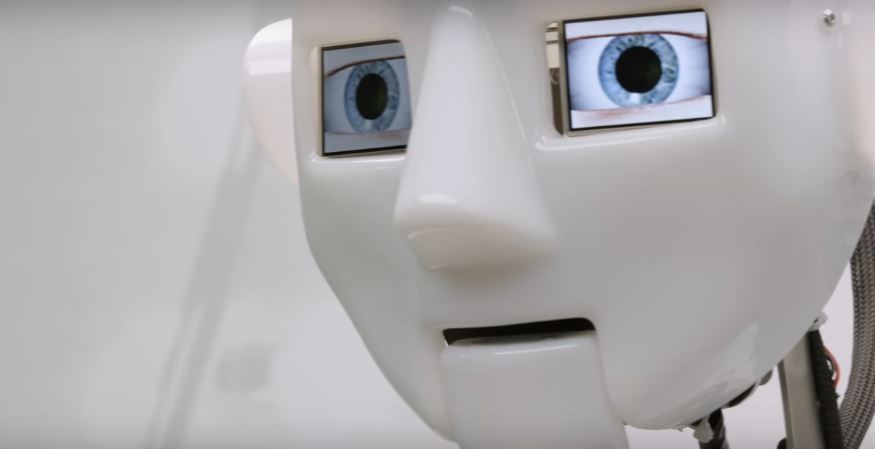What mankind has always feared may soon come true. With advancements in neural networks, deep learning, and machine learning algorithms, Artificial Intelligence may soon surpass human intelligence. It’s hard to look at a robot and not think about a situation where more and more automated jobs will be handled by machines – metal bodies made by humans.

500-year robotics evolution on display at London Science Museum
Robots may soon replace human workers. And the possibility of the situation occurring soon is best painted by the Science Museum in London, which has done a wonderful job in exhibiting the development of robotics over a span of 500 years. Yes, you read that right. 500 years of robotics in one place. “When you take a long view, as we have done with 500 years of robots, robots haven’t been these terrifying things, they’ve been magical, fascinating, useful, and they generally tend to do what we want them to do,” says Ben Russell, the exhibit’s lead curator.

From the dawn of mechanized human forms to cutting-edge tech fresh from the lab, the exhibits at the Science Museum reveal the astonishing 500-year quest to make machines human. Wondering what kind of a robot existed 500 years ago? Well, it all started with the 16-century clockwork monk built for King Philip II of Spain. Since then, robots have evolved by leaps and bounds to reach the stage of the contemporary bot called RoboThespian, which sings and takes selfies with guests. Other attractions include the 18th-century clockwork swan, some of the film’s most iconic creations including the T-800 robot that was part of the 2009 Terminator Salvation.
Robots to take away our jobs?
As scary as it may sound, homo sapiens will soon have to face the inevitable – artificial intelligence surpassing human intelligence. “The exhibition uses each of [the robots] to pose questions about what we want from robots, ranging from the worthy – can gender-neutral robots help us become a more equal and inclusive society? – to the practical – if robots are going to ‘take’ our jobs, should the companies using them pay income tax on their behalf?” notes Art critic Mark Hudson. Automation has already taken away many of our jobs. And the use of robots in industries to do everyday mundane routine jobs is increasing by the day. If the trend continues at this pace, humanity will soon stare at a future devoid of jobs.
Technology is a double-edged sword. Artificial Intelligence will improve our lives in ways we can never imagine. But when it surpasses human intelligence, things can go wrong, as they sometimes will. What has started as a simple job replacement scenario will soon develop into something much more complex, as robots become more and more sophisticated.
The question then is – Are we prepared?
